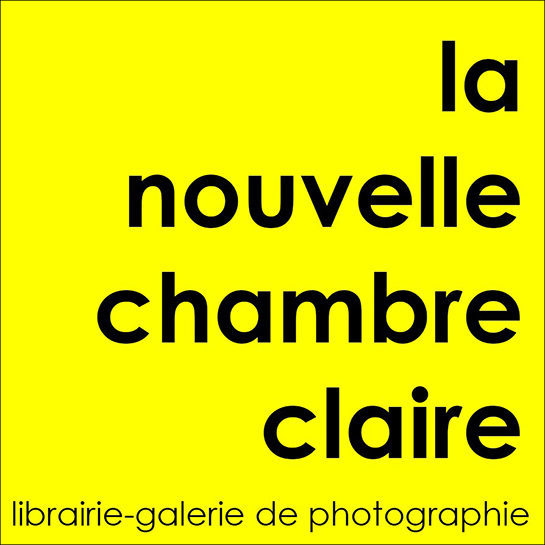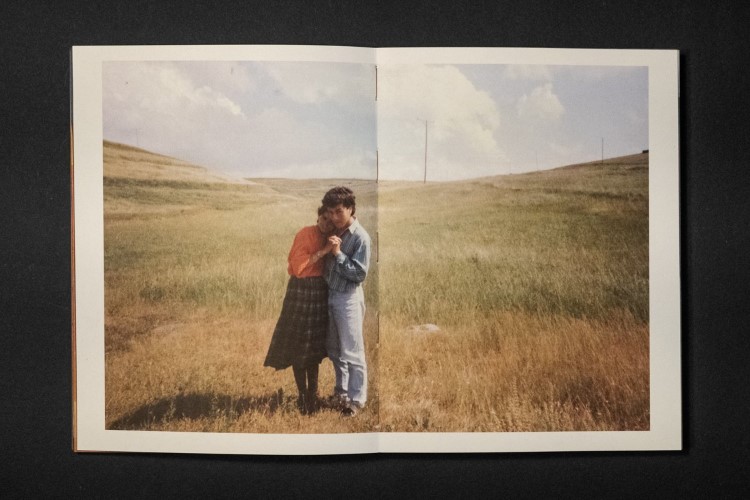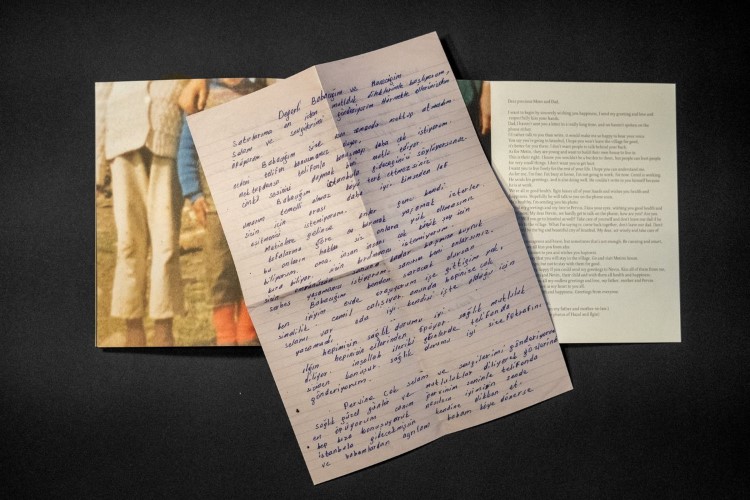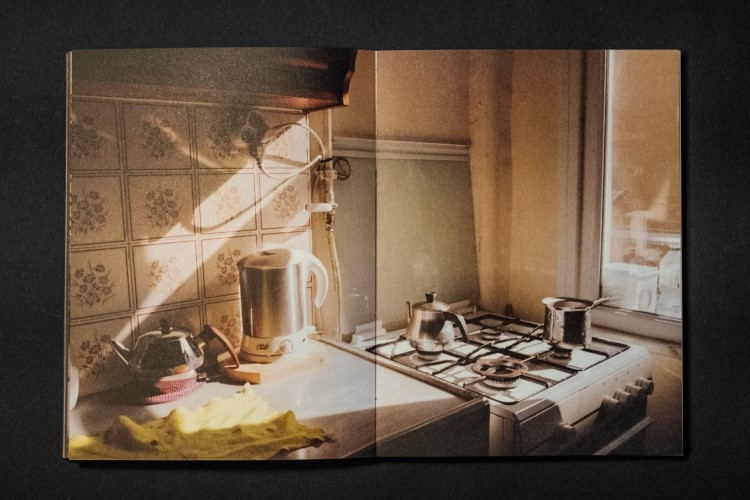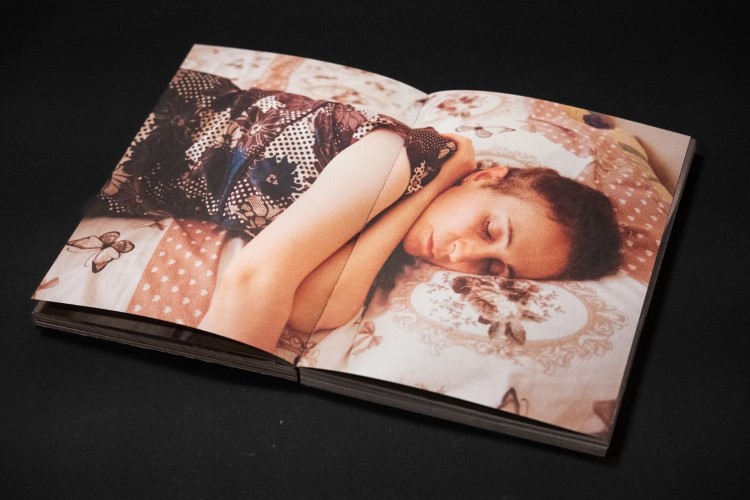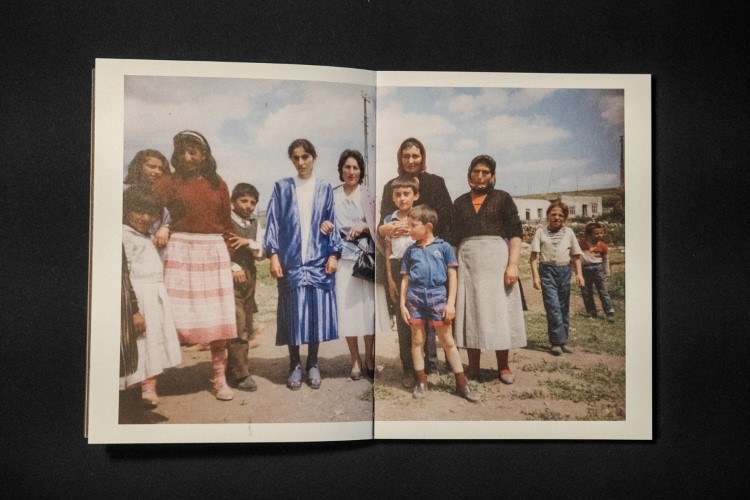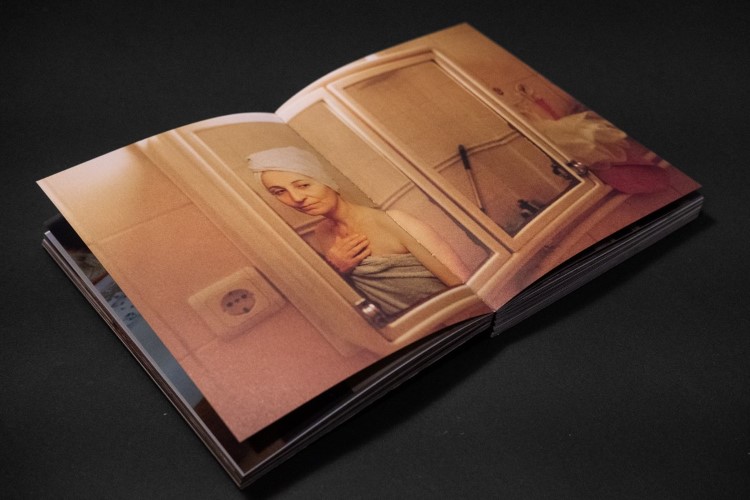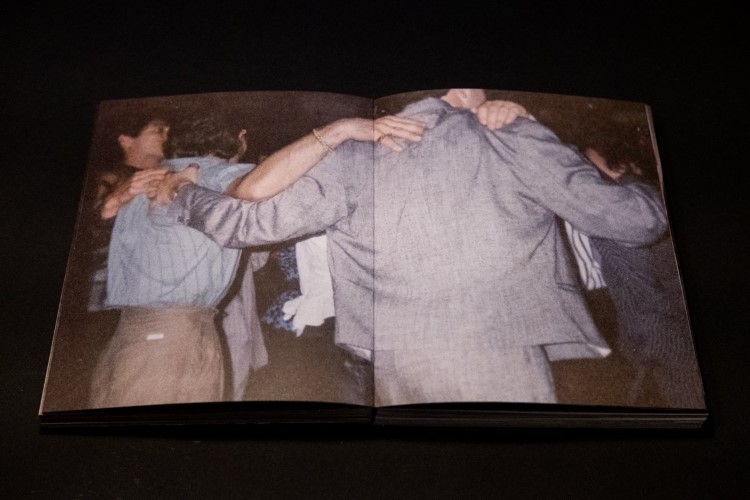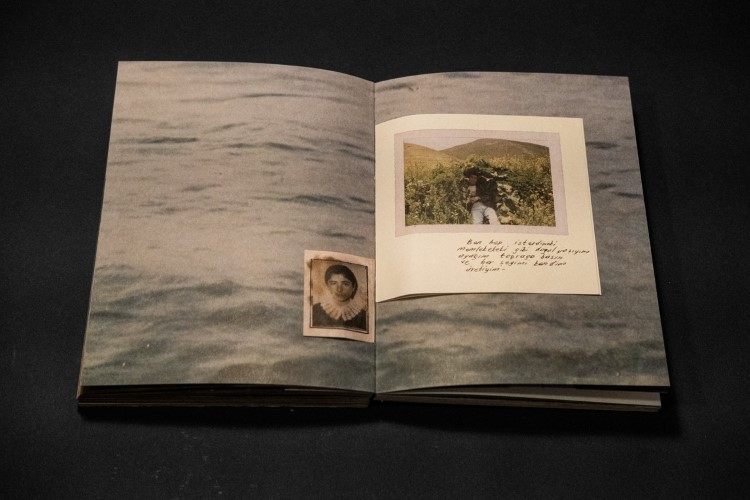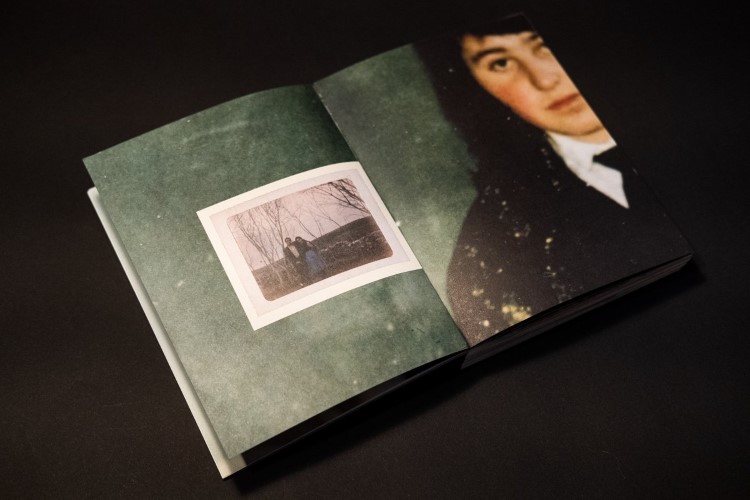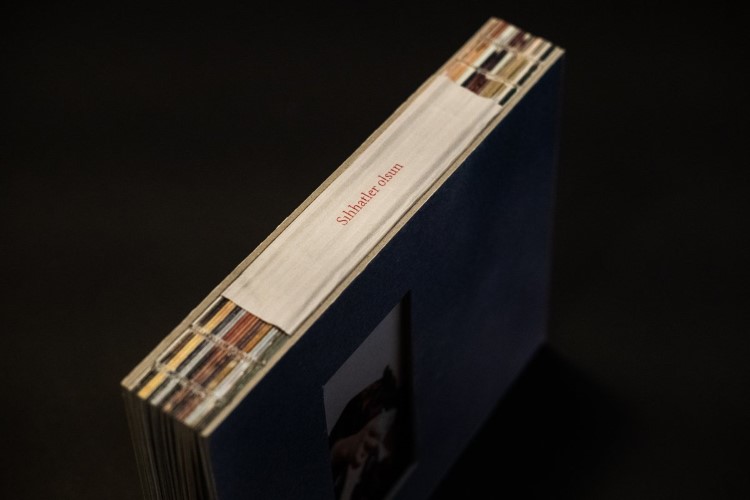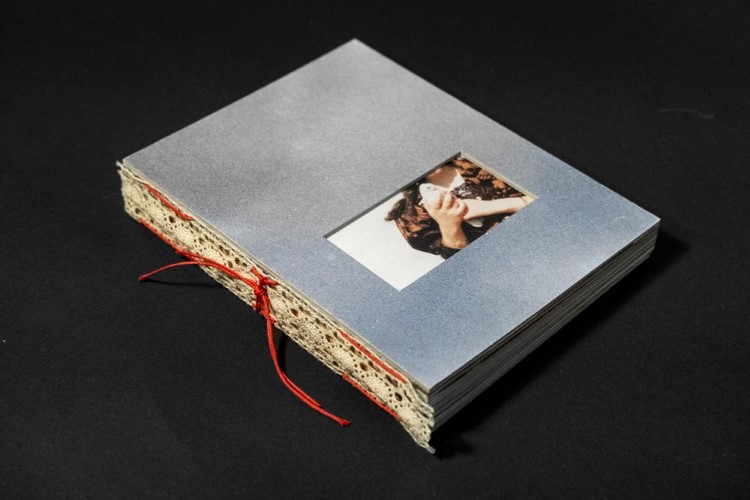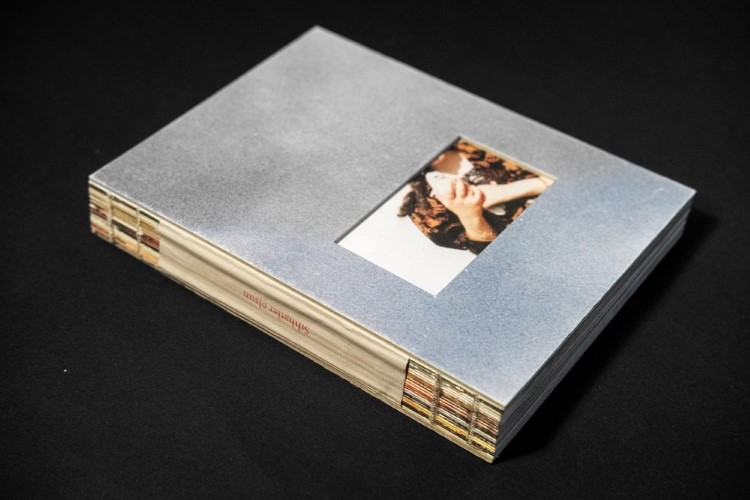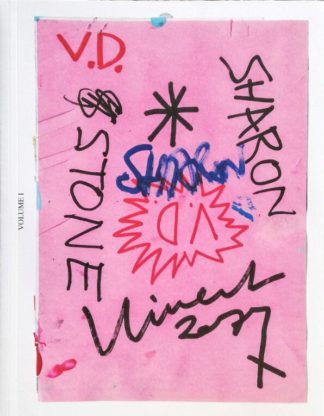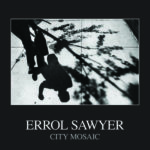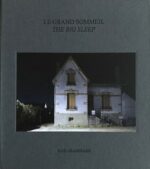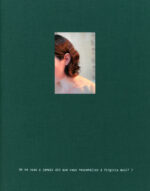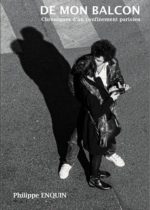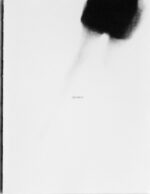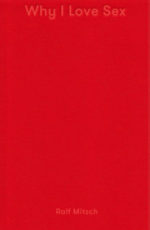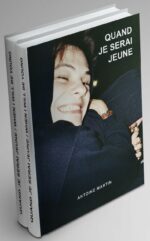Exemplaire Signé .
1ère édition Standard tirée à 750 exemplaires,
dont cette édition Spéciale de 200 exemplaires avec une bande en crochet sur le dos du livre. Tous crochetés par Aslı Özçelik.
« J’ai commencé à prendre les premières photos pour ce projet en mars 2020, lorsque ma mère a dû quitter notre ancien appartement et est restée avec moi dans mon appartement pendant environ un mois. C’était une période assez intense et difficile pour nous deux, mais nous nous sommes aussi rapprochés plus que jamais et pour moi, c’était un énorme tournant dans notre relation. La capturer m’a aidé à faire face à la situation, surtout avec le sentiment d’être surchargé et cela nous a également remonté le moral. Cela m’a permis de prendre du recul, de prendre un autre point de vue sur les choses et de percevoir nos émotions d’une manière différente. Grâce à la photographie, nous avons en quelque sorte construit quelque chose qui nous appartenait à une époque où beaucoup de choses nous échappaient des mains. Nous avons beaucoup parlé de son pays d’origine, de son émigration et avons parcouru ensemble les archives familiales. J’ai essayé de reconstruire sa vie parce que j’ai remarqué que même si je savais à peu près ce qu’elle pensait de son passé, je connaissais très peu de faits et de détails sur quand elle avait passé son temps où et avec qui. Ces détails m’ont aidé à mieux comprendre ses émotions actuelles et à part ça, c’était super intéressant pour moi de connaître la femme que ma mère était quand elle avait mon âge.
J’ai continué à prendre des photos d’elle dans son nouvel appartement, à visiter et à prendre des photos de mes grands-parents paternels avec qui nous vivions très étroitement. Dans l’ensemble, j’ai commencé à prendre le projet plus au sérieux, en lisant plus de livres qui traitent de l’histoire de l’immigration en Allemagne et soulignent le point de vue des guestworkers en particulier. Je voulais lire d’autres expériences et histoires de femmes et ce faisant, j’ai découvert qu’il n’y a pas beaucoup de livres ou de films qui traitent des expériences des femmes guestworkers par rapport aux hommes, ce que j’ai trouvé bouleversant.
À cette époque, ma mère a commencé à reconstruire sa vie, elle a trouvé un nouvel emploi et a installé une nouvelle maison.
Il était également important pour moi de me rendre dans la famille de ma mère à Istanbul et dans son pays d’origine, Damal, et de la photographier là-bas. Cela faisait 15 ans que nous n’avions pas visité Damal pour la dernière fois et y aller semblait être la dernière étape du projet. Même si travailler sur le projet était super intense pour moi parce que j’étais également confronté à un sujet que j’avais réprimé, Je sais que ce travail devait être fait non seulement pour ma propre croissance personnelle, mais aussi parce que ma mère est une femme qui n’a jamais eu assez de reconnaissance pour ce qu’elle a fait et je voulais simplement que son histoire soit vue. »
Signed Copy.
1st Standard edition of 750 copies,
include this Special edition of 200 copies with crochet fabric on the book spine. All sewn by Aslı Özçelik.
« I started taking the first pictures for this project in March 2020, when my mother had to move out of our old apartment and stayed with me at my flat for about a month. It was quite an intense and challenging period for both of us, but we also got closer than ever and for me, it was a huge turning point in our relationship. Capturing her helped me to deal with the situation, especially with the feeling of being overloaded and it cheered us up as well. It allowed me to step back, take another perspective on things and perceive our emotions in a different way. Thanks to photography, we kind of built up something that belonged to us in a time when many things slipped out of our hands. We talked a lot about her home country, about her emigration and went through the family archive together. I tried to rebuild her life because I noticed that although I knew roughly how she felt about her past, I knew very little facts and details of when she had spend her time where and with whom. These details helped me to understand her present emotions better and apart from that, it was super interesting for me to be familiar with the woman my mother was when she was my age.
I continued taking pictures of her in her new apartment, visiting and taking pictures of my paternal grandparents with whom we had lived very closely as well. Over all, I started to take the project more seriously, reading more books that address the immigration history of Germany and point out the view of the guestworkers in particular. I wanted to read about other womens experiences and stories and doing that, I found out that there are not that many books or films that address the experiences of the female guestworkers in comparison to men, which I found upsetting.
At this time, my mother started to rebuild her life, she found a new job and set up a new home.
It was important for me to also travel to my mothers family in Istanbul and to her home country Damal and photograph her there. It had been 15 years since we last visited Damal and going there felt like the last step for the project to get to an end. Even though working on the project was super intense for me because I was also facing a topic that I had been repressing, I know that this work had to be done not only for my own personal growth but also because my mother is a woman who never got enough recognition for what she has done and I simply wanted her story to be seen. »
